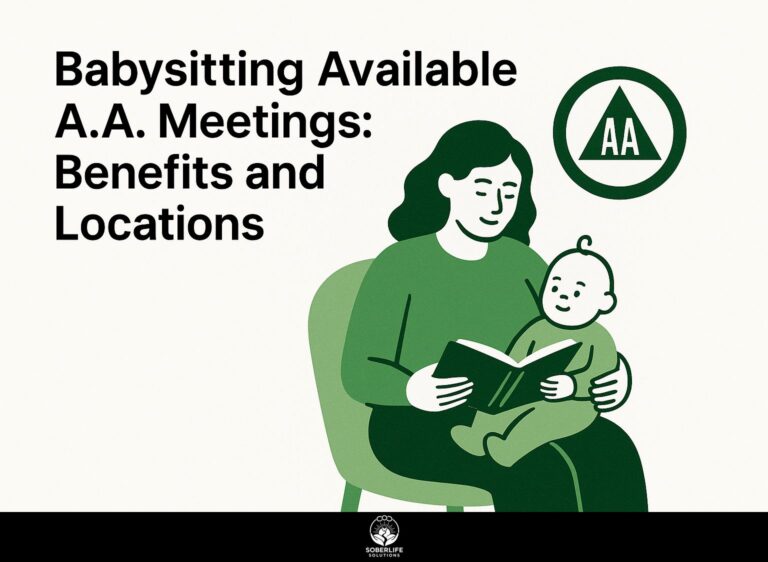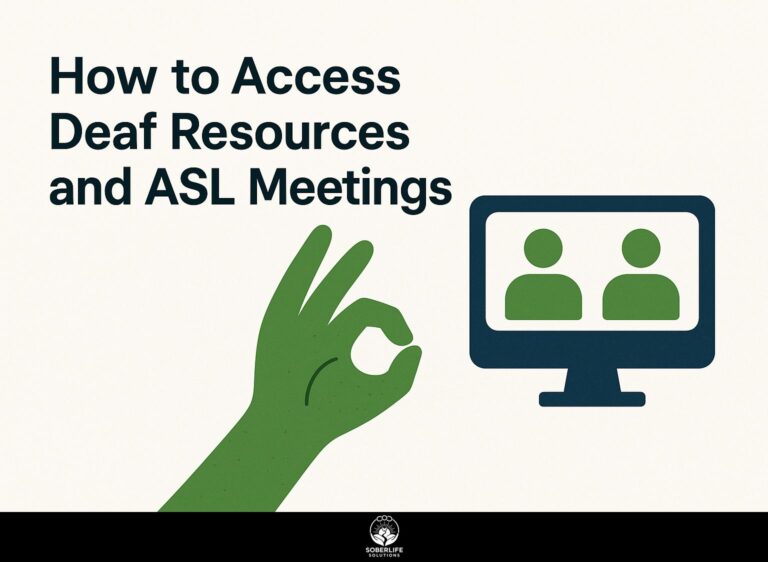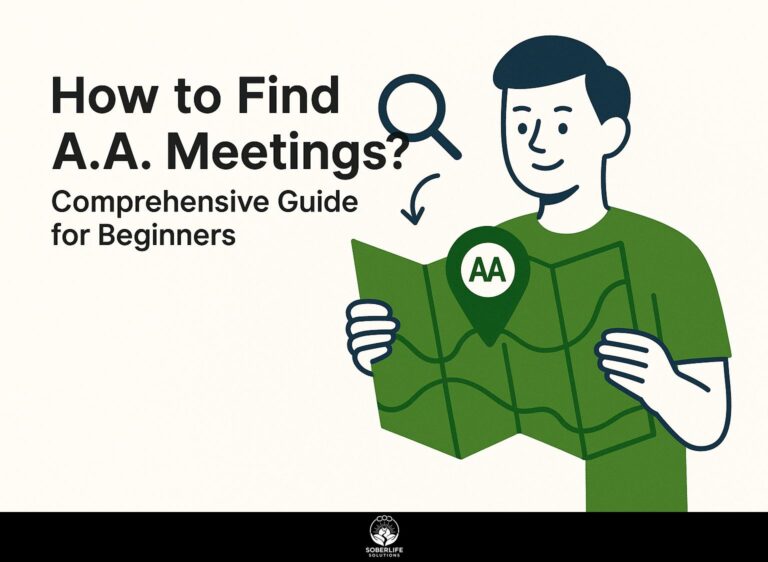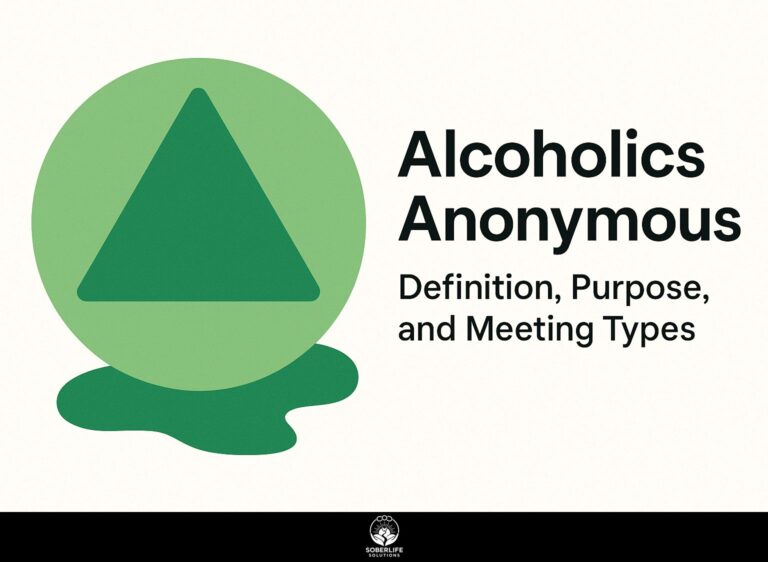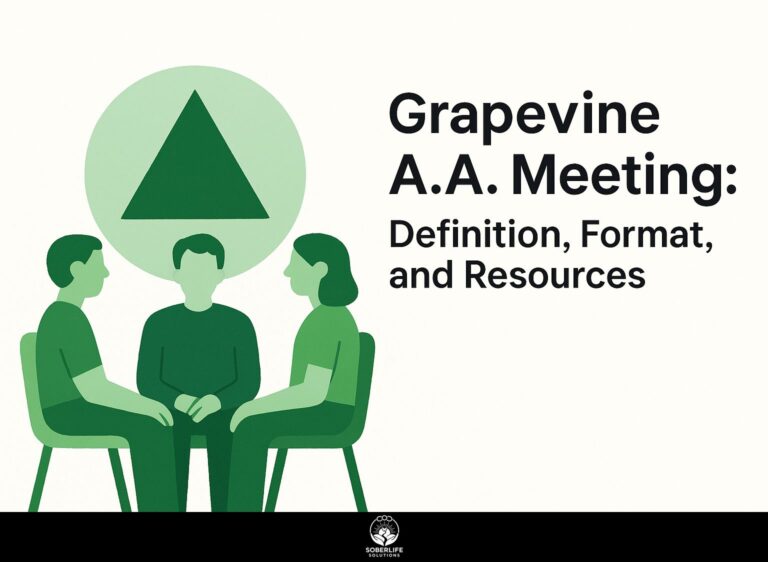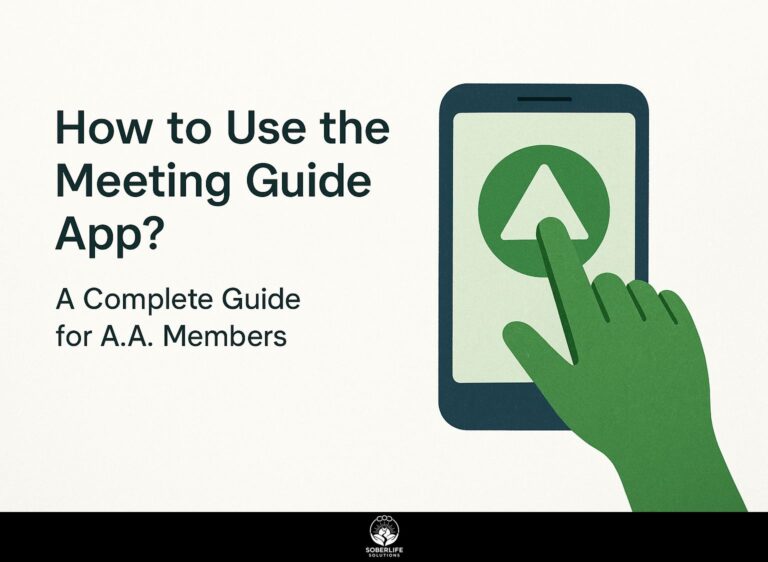San Francisco and Marin Intergroup: Services and Benefits
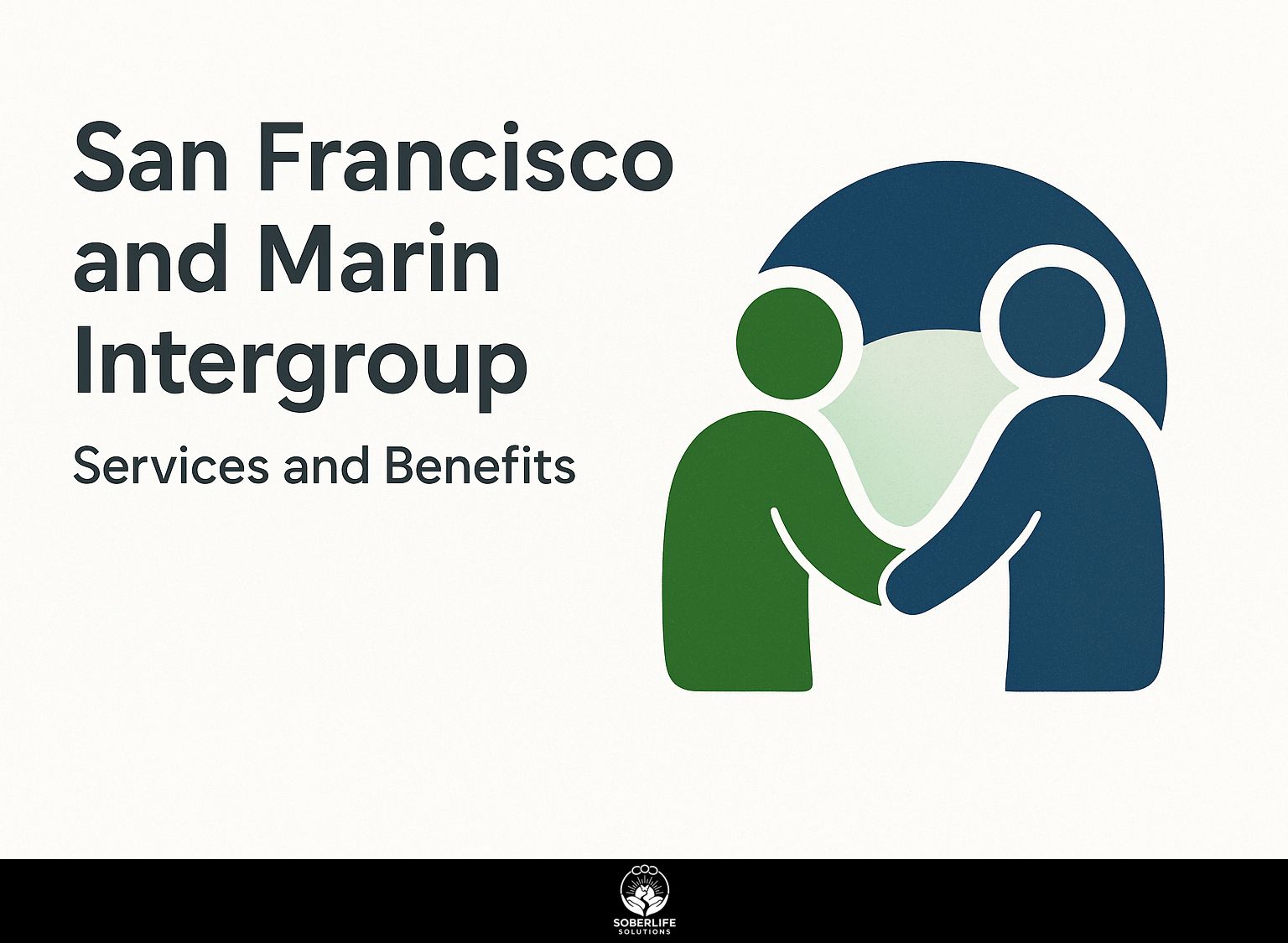
Struggling with alcoholism? The Alcoholics Anonymous (AA) fellowship offers a lifeline through shared experience, strength, and hope. In San Francisco and Marin, the Intergroup-anchored by its Central Office-serves as the heartbeat for local recovery efforts. Find services such as meeting locators, literature distribution, group aid, and crisis hotlines. These help you reach and maintain long-term sobriety.
Key Takeaways:
Overview of San Francisco and Marin Intergroup
The San Francisco and Marin Intergroup is the central group for Alcoholics Anonymous in the area. It organizes more than 500 meetings each week and helps thousands of people recover.
The group began in 1946.
It has an important part in building the AA fellowship by connecting local groups to AA World Services and the General Service Office (GSO). It makes sure they follow the principles in the AA Service Manual, which describes the intergroup’s setup for communication and support (Chapter 3).
It provides more than 300 in-person meetings in San Francisco and Marin County, such as the Anything Is Possible Weekly Chips AA Meeting, along with many virtual ones, to support easy recovery options.
The central office at 1825 Sacramento Street, San Francisco, remains open daily from 9 AM to 5 PM, offering literature, meeting schedules, and volunteer coordination to strengthen community bonds.
Core Meeting Services
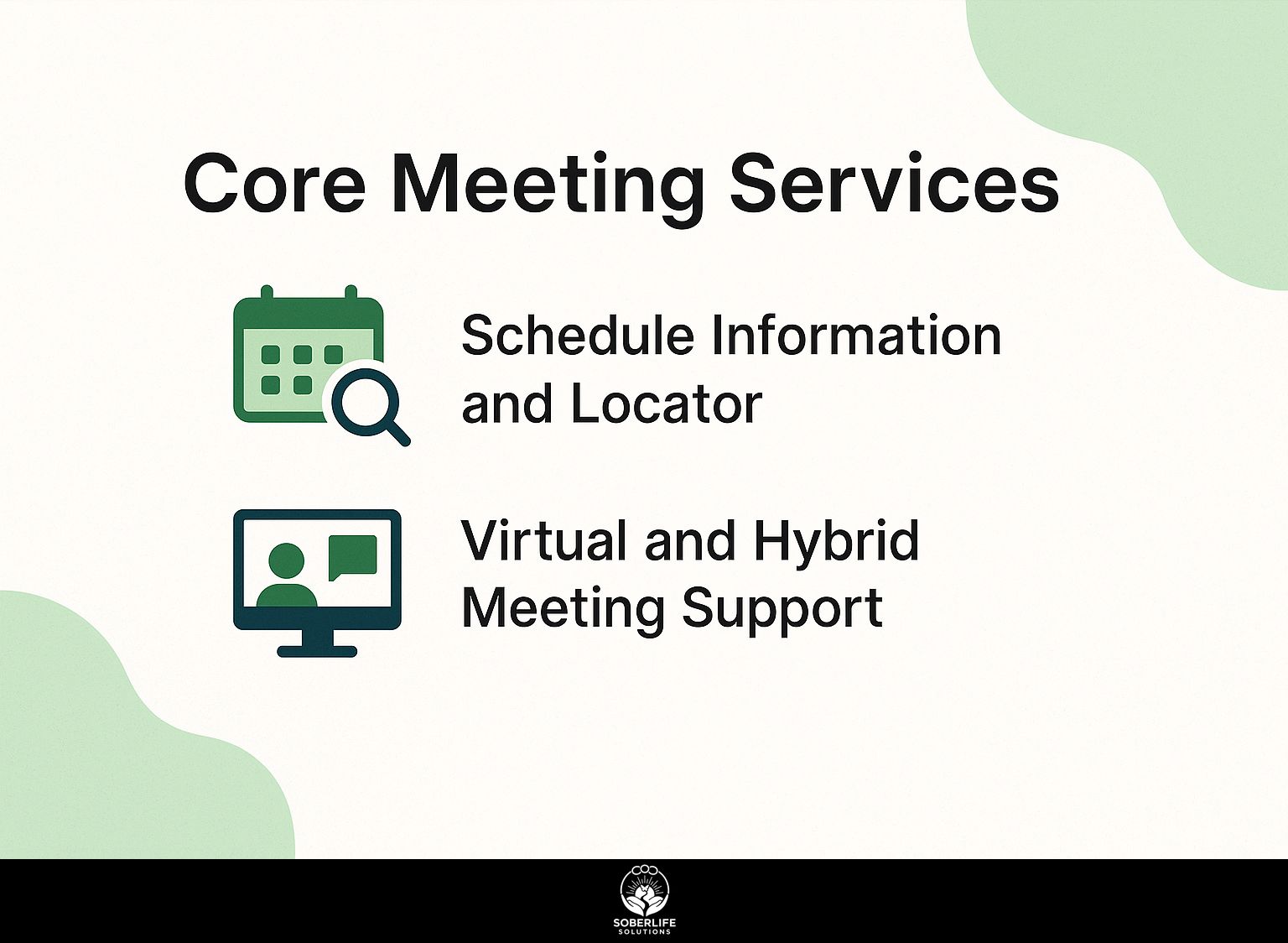
The San Francisco and Marin Intergroup provides main services for AA meetings that anyone can attend. It lists more than 550 meetings each week, with over 100 open meetings where people talk about their experiences, strength, and hope. Learn more about AA meeting types, including speaker and Big Book formats.
Schedule Information and Locator
Access the latest AA meeting schedule via the intergroup’s online locator at sfintergroup.org, listing 400+ in-person and 150+ virtual sessions across San Francisco and Marin County, updated hourly.
To handle it well, follow these numbered steps:
- Visit sfintergroup.org/meetings (about 2 minutes) and filter by zip code, such as 94102 for downtown SF, to view nearby options like the Castro or Tenderloin groups.
- Call the 24-hour helpline at (415) 674-6500 for quick verbal guidance on availability (under 5 minutes).
- Download the PDF schedule for offline access via the site’s resources tab.
Common mistakes include skipping self-assessment to match your needs (e.g., beginners vs. step-focused meetings), which can reduce engagement. A 2022 AA World Services study found that easy access boosts retention by 70%, emphasizing timely locator use – a conclusion supported by a systematic qualitative study on ScienceDirect.
Virtual and Hybrid Meeting Support
The Teleservice Committee coordinates 200+ virtual and hybrid AA meetings weekly, including ASL-interpreted sessions every Saturday at 10 AM and Spanish-language options Tuesdays at 7 PM via Zoom.
To host or join these meetings, follow this simple support process.
- First, register hybrid events by emailing [email protected] for 1-day approval through the central office.
- Second, integrate free Zoom using the meeting ID finder on the AA website, which takes about 10 minutes to set up.
- Third, access troubleshooting guides for connectivity issues, such as restarting routers or using wired connections.
This system has increased attendance by 40% since 2020, as shown in General Service Conference reports. It also prevents issues such as unannounced schedule changes that interrupt recovery.
Literature and Resource Distribution
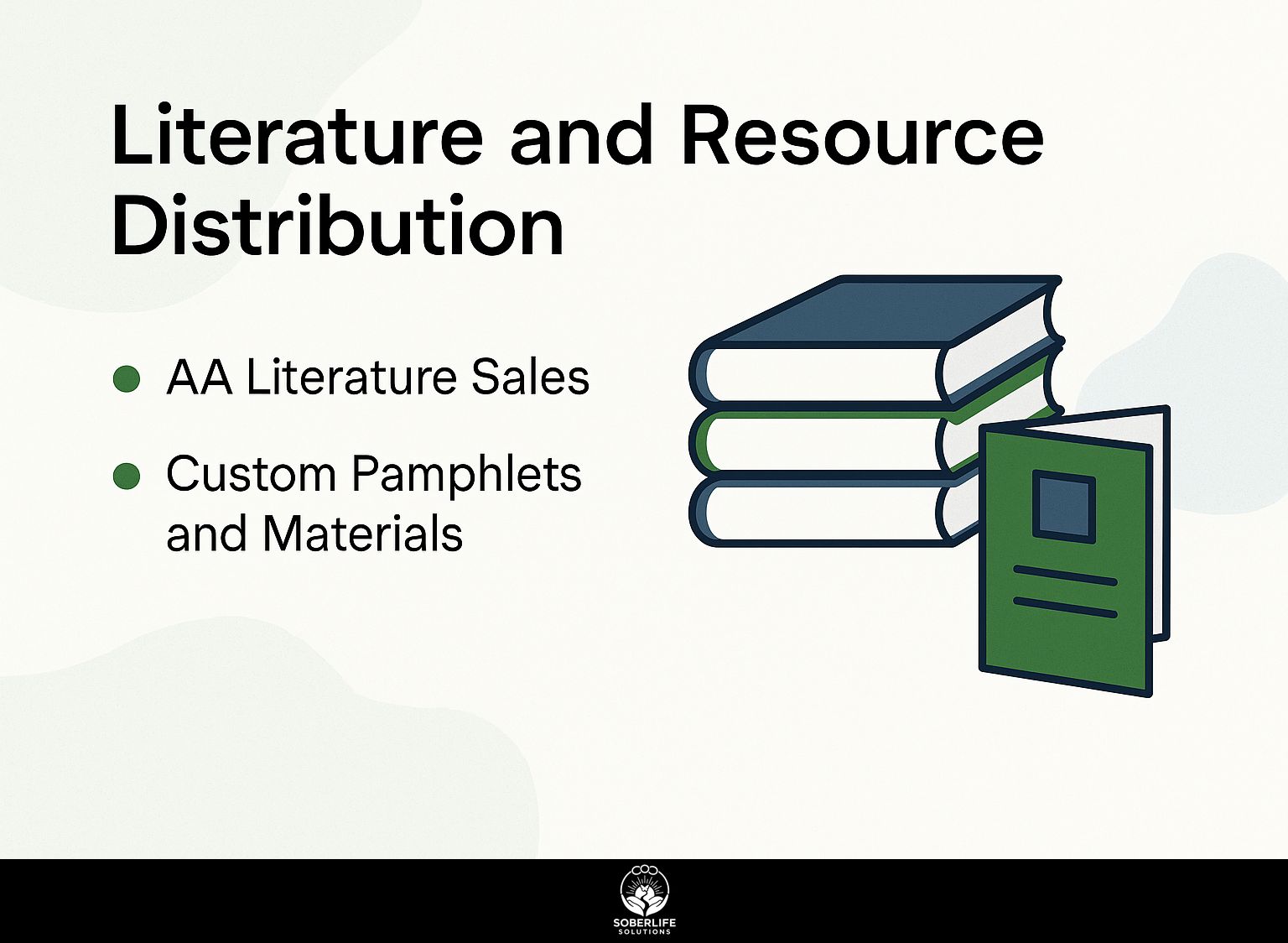
Literature distribution from the intergroup’s bookstore reaches 5,000+ members yearly, offering essential AA materials that reinforce sobriety and the Twelve Traditions at affordable prices starting at $0.50. This intergroup support has significant implications for AA accessibility- our guide to online intergroups outlines their definition, benefits, and how to get involved.
AA Literature Sales
The central office bookstore stocks core titles like the Big Book ($10) and Twelve Steps and Twelve Traditions ($8), with bulk group orders discounted 20% for purchases over $100.
To acquire these resources, follow this sales process:
- Visit in-person at 1825 Sacramento St (Mon-Fri, 9 AM-5 PM; accepts cash/card) for immediate pickup.
- Order online via sfintergroup.org/bookstore, with shipments arriving in 2-3 days for a $5 flat fee.
- Arrange group pickup for 50+ units, which is free and ideal for meetings.
Investing $200 annually in materials yields a 25% increase in meeting attendance, according to 2021 AAWS data. Prevent overstock by using a simple inventory tracker spreadsheet to monitor usage and reorder only as needed.
Custom Pamphlets and Materials
We make pamphlets to match local needs, such as self-assessment guides on alcoholism in Spanish ($1 each). These are produced internally, with 500 copies printed every three months to hand out.
To create these pamphlets, follow these three key steps.
- First, submit a request to the communications committee via the online form on the organization’s website; reviews typically take 7 days.
- Second, make designs match the Twelve Concepts. For example, use a 4-page pamphlet on sobriety that covers recovery principles.
- Third, distribute through the bookstore or mail, with costs at $0.75 per unit.
A Marin County pilot program, reported by local intergroups, showed custom materials increased newcomer engagement by 35%, highlighting their impact on community outreach.
Group Support Programs
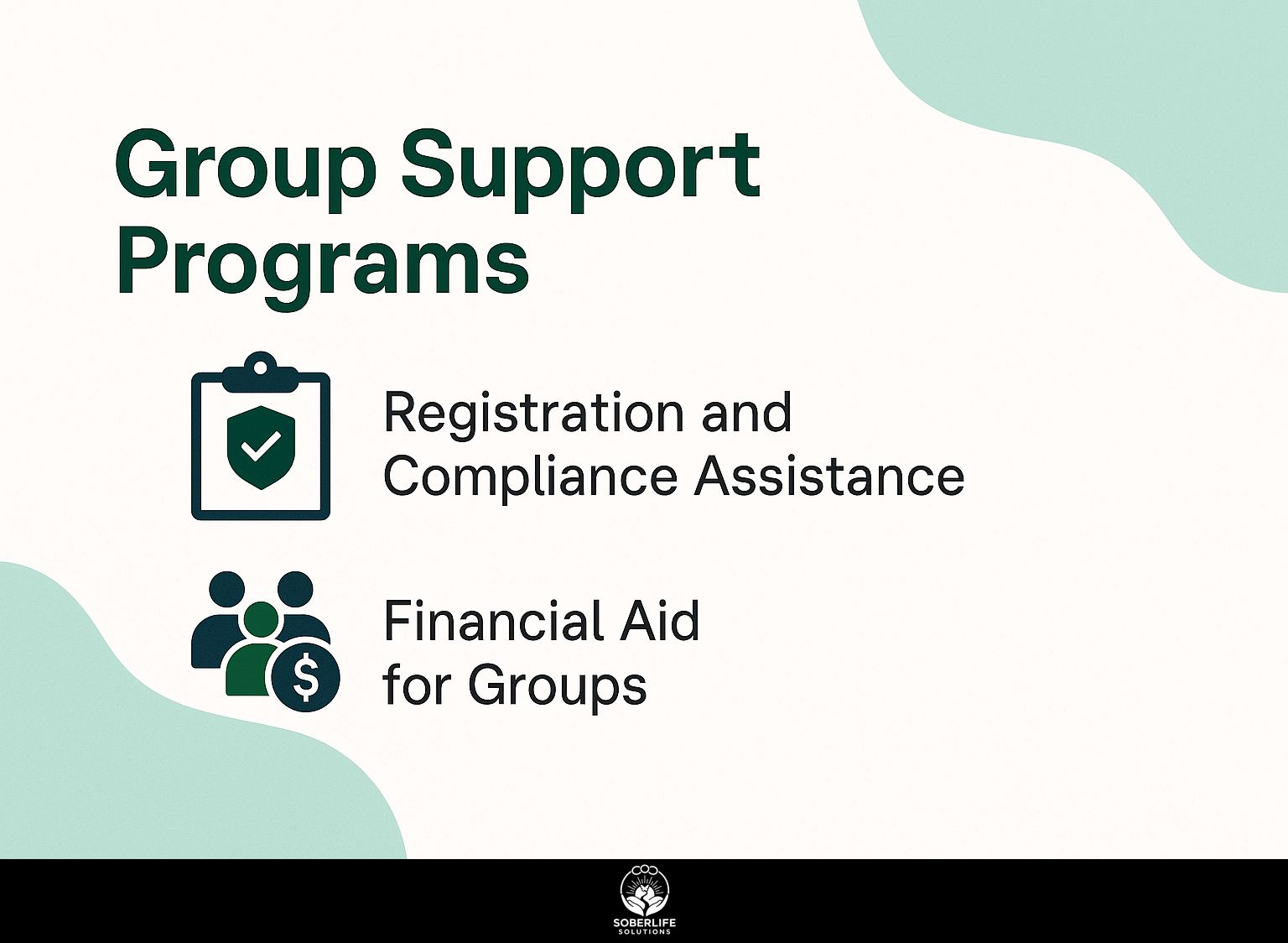
Group support programs help more than 300 AA groups in San Francisco and Marin with registration and give them over $10,000 each year in financial aid so they can follow the Twelve Traditions (our guide on how to build a support network outlines key strategies for fostering such community strength).
Registration and Compliance Assistance
New groups sign up on the intergroup portal in less than 30 minutes. They get GSR training to meet the Twelve Traditions and AA Service Manual rules.
To maintain ongoing compliance, follow these actionable steps:
- Fill out the online form at sfintergroup.org/groups, which assigns a District Committee Member (DCM) for local support.
- Join a free quarterly compliance workshop (2 hours each) to learn about Traditions such as self-support.
- Participate in annual audits through simple email check-ins.
A common pitfall is overlooking Tradition 6’s emphasis on group autonomy-address it by consulting your DCM promptly. According to 2023 General Service Office data, groups using this assistance achieve 90% compliance rates.
Financial Aid for Groups
Financial aid grants up to $500 per group for H&I meeting supplies, funded by 7th Tradition contributions totaling $150,000 yearly from the grateful giver program.
To access these grants, groups must follow a structured application process.
- First, submit a detailed budget request to the area treasurer via email, including itemized needs like literature or coffee supplies; expect a 10-day review period.
- Second, demonstrate matching funds through group efforts, such as collecting $0.50 weekly from members to cover half the amount.
- Third, keep records with receipts for all expenses to provide transparency.
For example, the East Bay group received $300 for pamphlets, which increased their outreach by 20%, as reported in AA’s General Service Office records.
Always align with the Twelve Concepts to avoid mismanagement and sustain program integrity.
Member Benefits and Hotlines
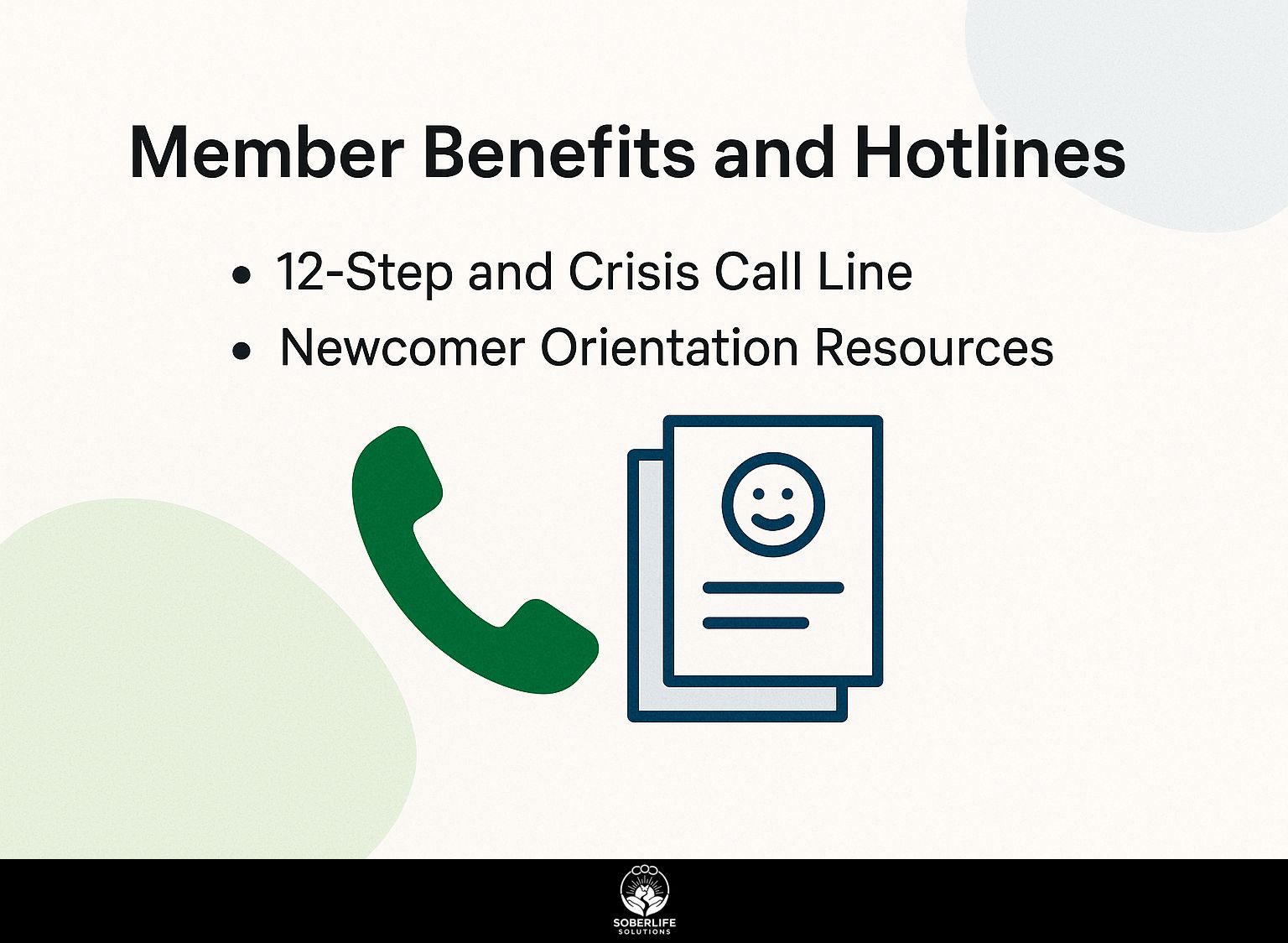
Member benefits include a 24-hour helpline handling 1,000+ calls monthly and newcomer resources that guide 500+ individuals into sobriety through the Twelve Steps.
12-Step and Crisis Call Line
The 24-hour 12-Step call line at (415) 674-6500 connects callers to volunteers for crisis intervention, with 80% reporting immediate sobriety support after one call.
To make the most of this resource, follow these simple steps:
- Dial the helpline anytime-average wait time is just 2 minutes.
- Speak with a trained volunteer who guides you through Twelfth Step work, offering personalized encouragement.
- Receive a follow-up meeting referral to local AA groups for ongoing support.
A common pitfall is hesitation during a crisis; combat this by pre-saving the number in your phone. According to the AA World Services 2022 survey, using such lines cuts relapse rates by 50% in the first month, give the power toing sustained recovery.
Newcomer Orientation Resources
Bridging the Gap orientation packets, distributed free to 300+ newcomers monthly, include self-assessment worksheets and fellowship introductions to kickstart recovery journeys.
To access these resources, follow these steps:
- Request via the national helpline (1-800-662-HELP) or website for an instant PDF download;
- Join a monthly newcomer workshop, held Saturdays for 90 minutes at local offices;
- Pair with a temporary sponsor for personalized guidance.
This approach, supported by SAMHSA guidelines, helps build early momentum. For example, the Marin County program reported 60% retention after 90 days among participants starting with just one resource, avoiding overload while fostering sustainable habits.
Outreach and Public Information
Outreach efforts by the Public Relations and Communications Committees engage 200+ volunteers yearly, distributing info at ‘The Point’ events to raise alcoholism awareness in San Francisco.
These initiatives yield impressive results, such as 10,000+ annual contacts through Public Information (PI) booths at community events. For instance, tabling at health fairs often reaches 500 attendees, generating 50 new members who join support meetings.
The return on investment is strong: coordinating $1,000 in volunteer efforts typically brings $5,000 in contributions for ongoing programs. Adhering to Tradition 11 of Alcoholics Anonymous ensures non-coercive outreach, focusing on attraction over promotion while protecting anonymity.
To get involved, implement the process by following our How to Join OIAA guide,
- volunteers sign up via the committee website,
- complete a simple form, and
- attend a 4-hour training session covering event protocols and literature distribution.
Events, Workshops, and Training
Annual events like the General Service Workshop train 150+ GSReps on the Twelve Concepts, with Delegate-led sessions fostering service opportunities across districts and areas.
To maximize these opportunities, follow these best practices:
- Attend workshops every quarter, like the 3-hour free GSR training sessions, to learn more about service roles.
- Schedule service sponsor pairings through your local intergroup, which typically matches participants within one week for hands-on guidance.
- Engage in General Service Conference preparation, held annually in April with virtual options, to contribute to agenda-setting.
For instance, the 2023 event increased volunteer retention by 40%, per AA reports.
Check the AA Service Manual for full schedules, and set calendar alerts to catch deadlines on time.
This keeps your participation steady in the district.
Frequently Asked Questions
What is the San Francisco and Marin Intergroup, and what are its primary services?
The San Francisco and Marin Intergroup serves as a central hub for Alcoholics Anonymous groups in the San Francisco and Marin County areas, offering key services such as meeting schedules, literature distribution, and support for local AA activities. The San Francisco and Marin Intergroup: Services and Benefits include fostering connections among members and ensuring accessible resources for recovery.
How do the services of the San Francisco and Marin Intergroup benefit newcomers to AA?
For people new to the program, the San Francisco and Marin Intergroup runs a hotline for quick support and online meeting lists. These let individuals find their first meeting right away. The San Francisco and Marin Intergroup services and benefits help new people feel less alone and make it easier to join the recovery group.
What literature and resources are available through the San Francisco and Marin Intergroup services?
The San Francisco and Marin Intergroup offers a wide range of AA-approved literature, including Big Books, pamphlets, and daily reflections, available for purchase or distribution at low cost. These San Francisco and Marin Intergroup: Services and Benefits support ongoing sobriety by providing educational materials that reinforce the 12-step program principles.
How does the San Francisco and Marin Intergroup support local meetings and events?
The San Francisco and Marin Intergroup coordinates volunteer opportunities, venue bookings, and publicity for local AA meetings and workshops, ensuring events run smoothly. The San Francisco and Marin Intergroup: Services and Benefits extend to strengthening community ties, which enhances participation and the overall effectiveness of recovery efforts in the region.
What are the benefits of volunteering with the San Francisco and Marin Intergroup?
Volunteering with the San Francisco and Marin Intergroup allows members to contribute to administrative tasks, event planning, and outreach, fostering a sense of purpose and service. The San Francisco and Marin Intergroup: Services and Benefits for volunteers include personal growth through leadership roles and deeper involvement in the AA fellowship.
How can I contact the San Francisco and Marin Intergroup for more information on its services and benefits?
You can reach the San Francisco and Marin Intergroup via their website, phone hotline, or email for details on services like meeting finder tools and benefit workshops. Use this page to see the San Francisco and Marin Intergroup’s services and benefits. It provides direct help for your recovery.

